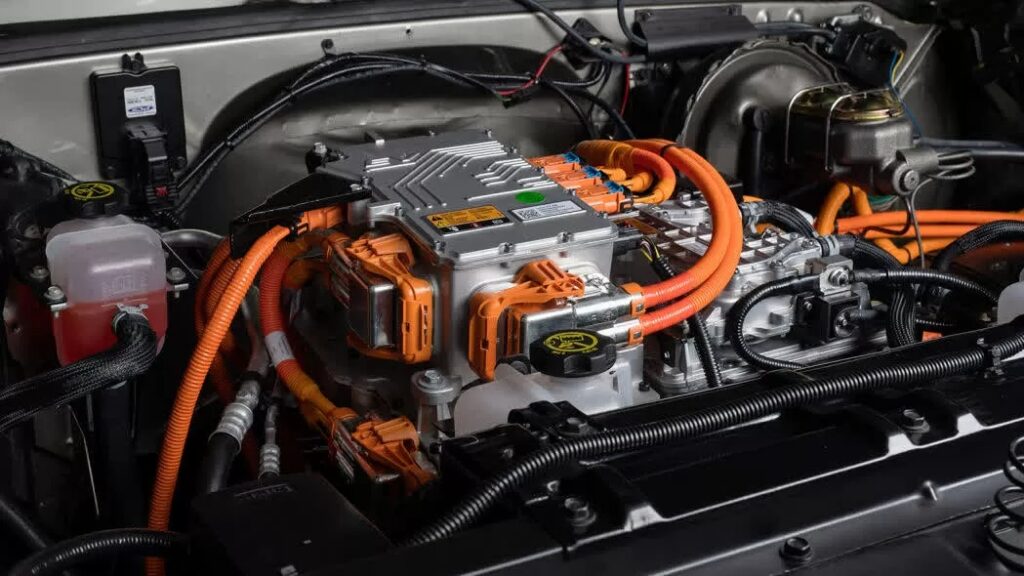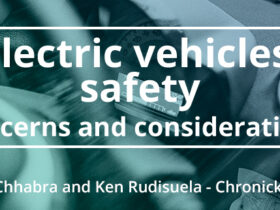Electric car conversion kits offer enthusiasts and environmentally conscious drivers the opportunity to transform conventional gasoline-powered vehicles into electric ones. These kits typically include essential components such as electric motors, batteries, controllers, and wiring necessary to replace the internal combustion engine with an electric powertrain. While the specifics of each kit vary, the general process involves removing the existing engine and installing the electric components, along with adapting the vehicle’s systems to accommodate the new power source. Electric car conversion kits not only contribute to reducing greenhouse gas emissions but also enable owners to enjoy the benefits of lower operating costs and minimal reliance on fossil fuels. However, the decision to convert a vehicle requires careful consideration of costs, technical expertise, and compatibility with local regulations, ensuring a successful transition to sustainable transportation.

Electric car conversion kits represent a transformative approach for enthusiasts and environmentally conscious individuals seeking to repurpose traditional gasoline-powered vehicles into electric alternatives. These kits, encompassing a range of components from electric motors to batteries and controllers, enable the conversion of internal combustion engine vehicles into electric vehicles (EVs). This process not only aligns with the global shift towards sustainable transportation but also offers practical benefits such as reduced emissions, lower operating costs, and increased energy efficiency.
The concept of electric car conversion kits revolves around replacing the traditional combustion engine with an electric motor and integrating a battery pack to store and supply electricity. This retrofitting typically involves removing the engine, fuel system, and exhaust components, and then installing the electric components in their place. The complexity of the conversion process can vary depending on factors such as the vehicle’s make and model, the type of kit chosen, and the technical expertise of the installer.
One of the primary motivations for converting a vehicle to electric power is the environmental impact. Electric vehicles produce zero tailpipe emissions, contributing to improved air quality and reduced greenhouse gas emissions compared to their gasoline counterparts. By converting older vehicles to electric power, owners can extend the lifespan of their cars while significantly lowering their carbon footprint, making it a sustainable choice for transportation.
Cost savings also play a crucial role in the appeal of electric car conversion kits. While the initial investment in a conversion kit and installation can be substantial, especially for more complex conversions or higher-performance kits, the long-term savings on fuel and maintenance expenses can be significant. Electric vehicles generally have lower operating costs due to the efficiency of electric motors, fewer moving parts that require maintenance, and the potential for reduced energy costs compared to gasoline.
Moreover, electric car conversion kits offer flexibility in vehicle customization and innovation. Enthusiasts and automotive engineers can experiment with different configurations and technologies, potentially enhancing performance characteristics such as acceleration, range, and energy efficiency. This flexibility encourages innovation in the EV sector and contributes to the development of more accessible and affordable electric transportation solutions.
However, the decision to convert a vehicle to electric power through a conversion kit requires careful consideration of several factors. Compatibility with local regulations and safety standards is essential to ensure the legality and safety of the converted vehicle on public roads. Additionally, technical expertise is crucial for successful installation and integration of electric components, as well as for troubleshooting and maintenance post-conversion.
Furthermore, the availability and diversity of electric car conversion kits vary widely. Some kits are designed for specific vehicle models or brands, while others offer more universal compatibility. The range of kits also varies in terms of performance capabilities, battery technologies, and integration complexity, influencing both the cost and feasibility of the conversion project.
Despite the potential benefits, electric car conversion kits are not without challenges and considerations. The complexity of the conversion process may require specialized skills and tools, potentially increasing the overall cost if professional assistance is needed. Moreover, the resale value and insurance considerations of converted electric vehicles may differ from those of factory-built EVs, impacting the overall economic viability of conversion projects.
Looking ahead, advancements in electric vehicle technology and increasing consumer demand for sustainable transportation solutions are likely to drive innovation in electric car conversion kits. Manufacturers and developers continue to refine and expand their product offerings, addressing technical challenges and improving accessibility for DIY enthusiasts and professional converters alike.
In conclusion, electric car conversion kits represent a compelling option for transforming conventional vehicles into electric alternatives, aligning with global efforts to reduce emissions and promote sustainable transportation. While the decision to convert a vehicle requires careful assessment of costs, technical considerations, and regulatory requirements, the potential benefits in terms of environmental impact, cost savings, and customization opportunities make electric car conversion kits a viable and innovative approach to driving towards a cleaner and more efficient future.


















I discovered your weblog site on google and examine a couple of of your early posts. Continue to maintain up the very good operate. I simply additional up your RSS feed to my MSN Information Reader. Seeking ahead to studying more from you in a while!…
Hey would you mind letting me know which web host you’re working with? I’ve loaded your blog in 3 completely different web browsers and I must say this blog loads a lot quicker then most. Can you suggest a good hosting provider at a reasonable price? Kudos, I appreciate it!